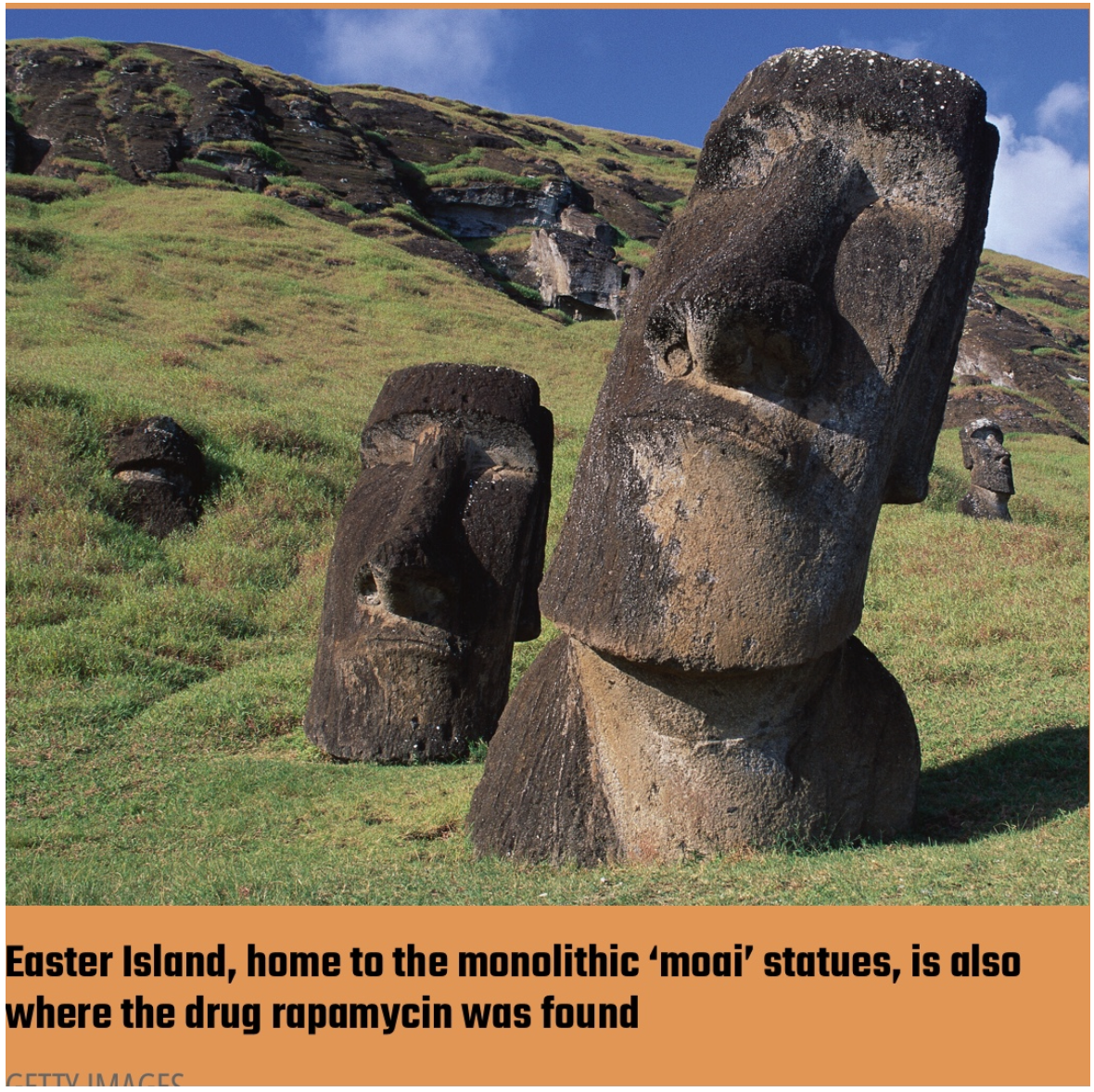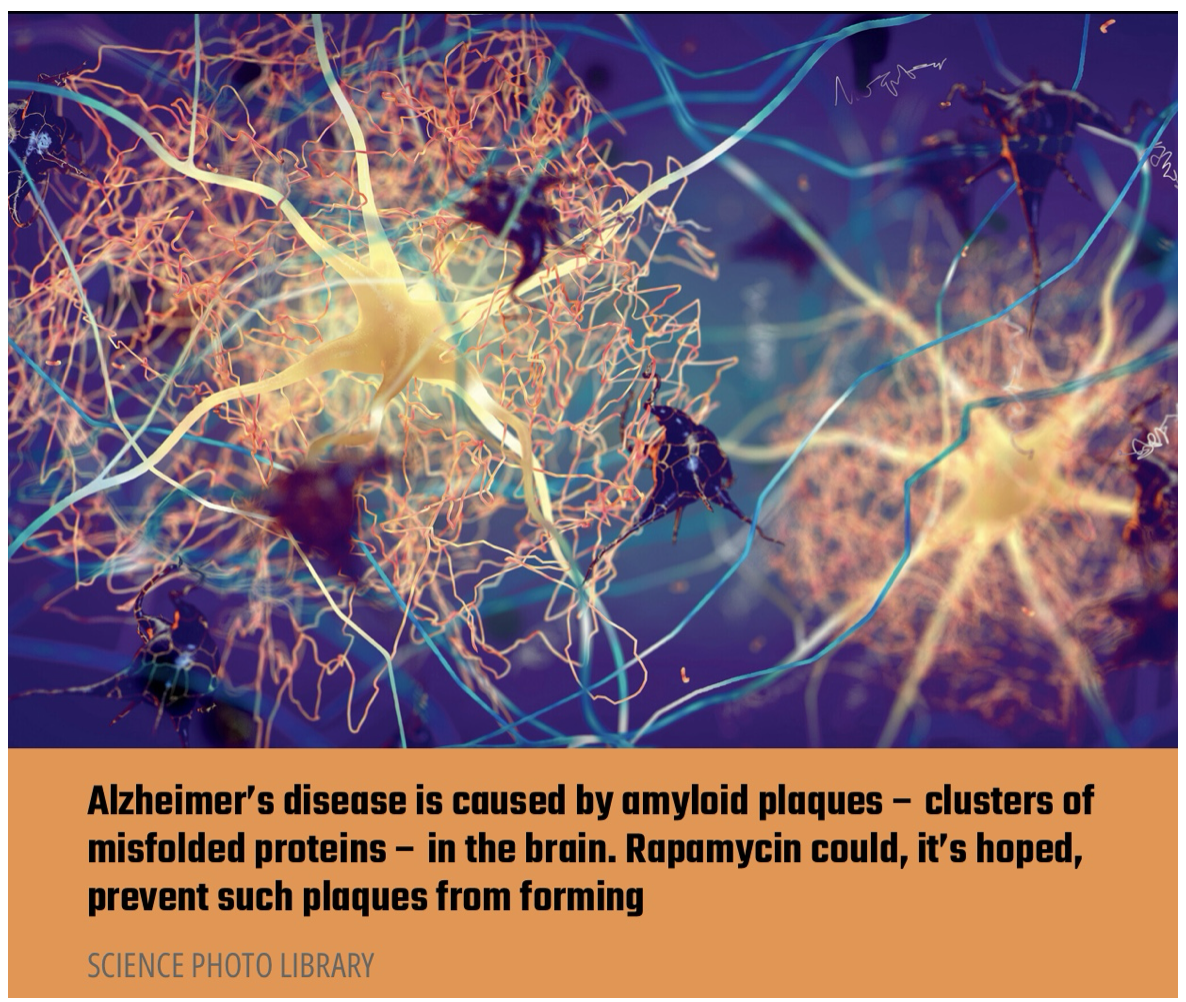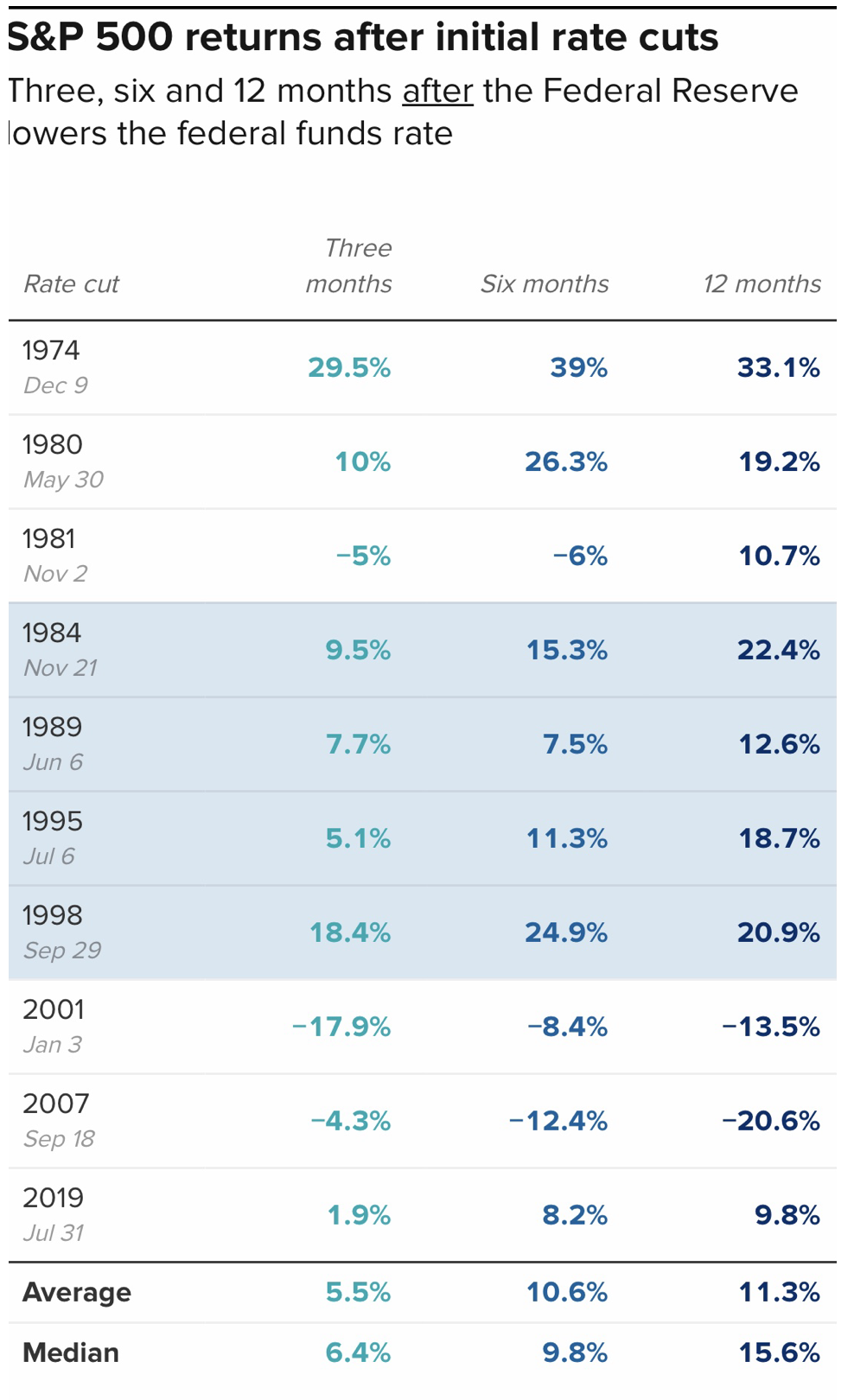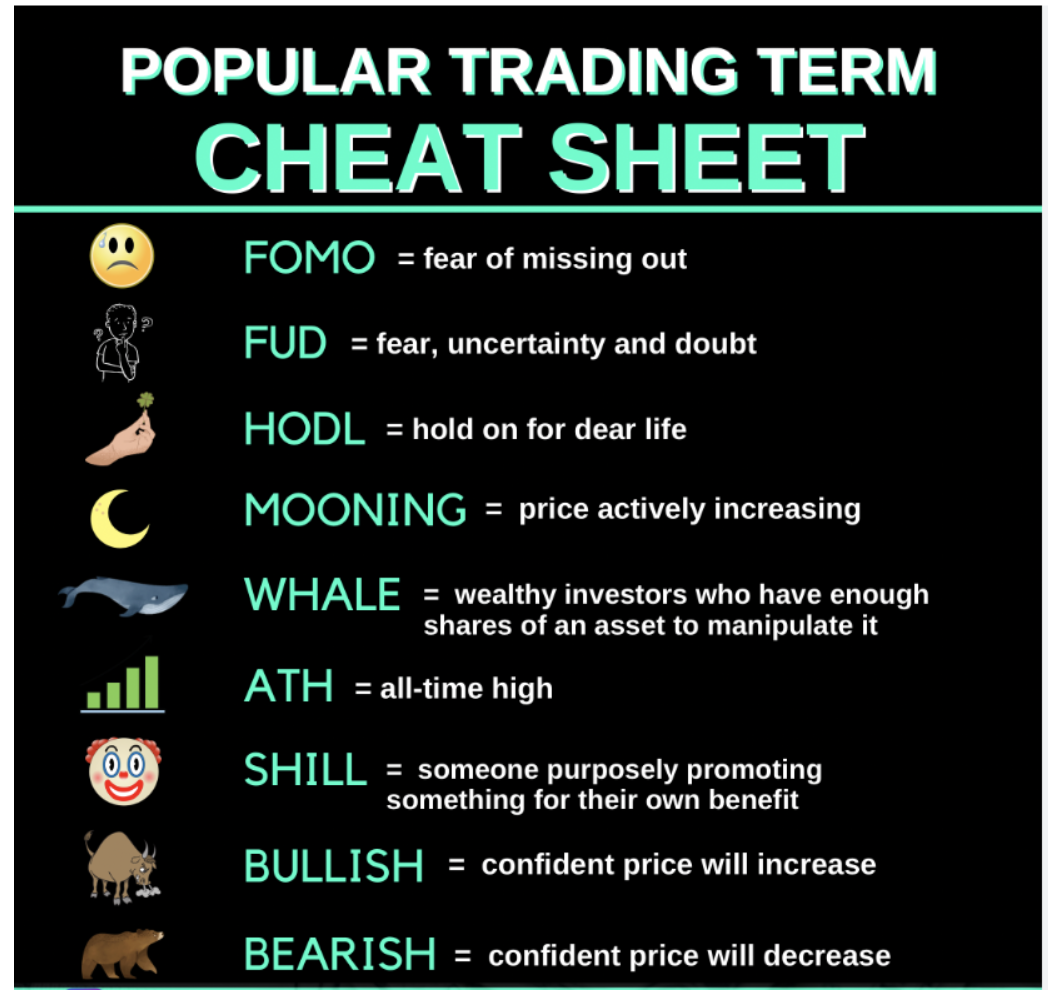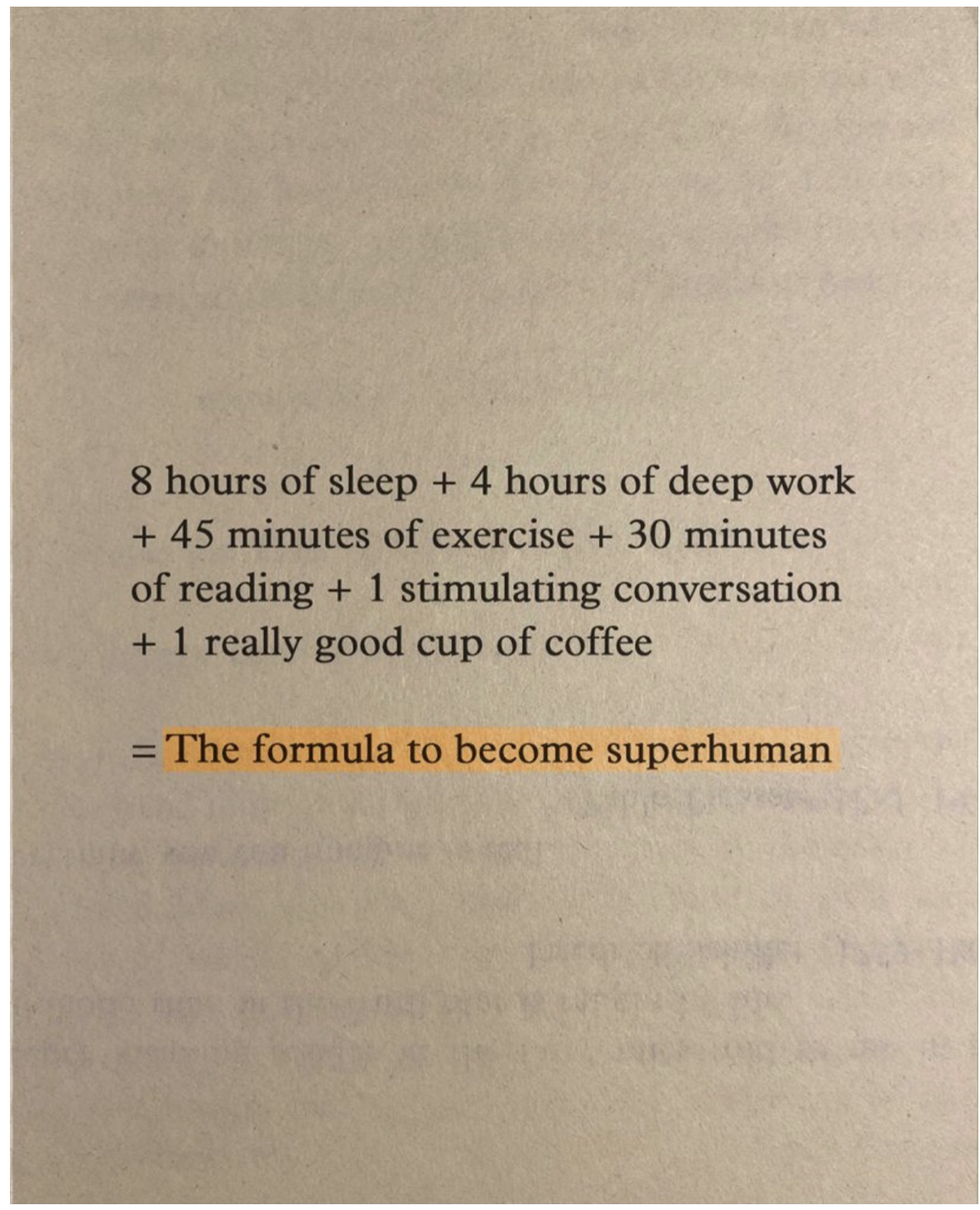September 18, 2024

(THE SCIENCE OF AGEING BACKWARDS MAY BE IN OUR POCKETS WITHIN THE NEXT TEN YEARS)
September 18, 2024
Hello everyone.
Today will be a refreshing change of pace and content, as I think we all have endured a lot of noise about this week’s events.
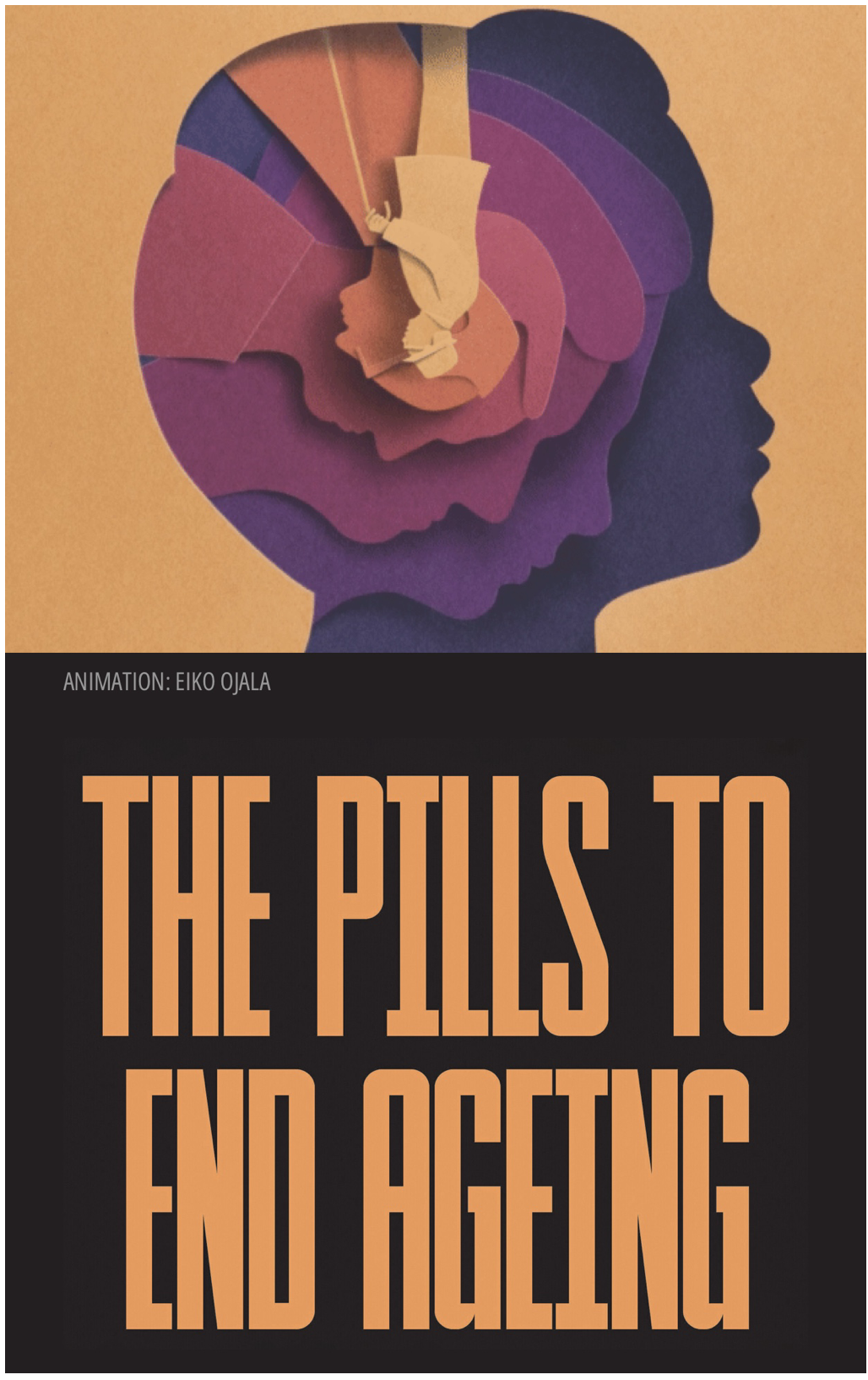
So, let’s jump right in.
Ageing. Or should I say the study and research into ageing backwards is gaining steam? It’s no longer the stuff of science fiction. Affordable treatments that could slow, stop or even reverse your ageing are, thanks to new breakthroughs, less than a decade away. Without even realizing it, you may even be taking some of these pills already.
The biology of ageing essentially causes diseases like cancer, cardiovascular disease, and dementia. For example, while having high blood pressure roughly doubles your chance of a heart attack, being aged 80 rather than 40 multiplies that risk by 10. That means understanding the biology behind these enormous risk increases could lead to the greatest revolution in medicine since the discovery of antibiotics. It could transform not just the treatment but the prevention of disease in the first place.
The pay-off, if we can identify and treat these underlying causes of ageing, is enormous. If we could make people in middle age a bit biologically younger with drugs that address the ageing process, we could improve everything from heart health to wrinkles and delay the onset of cancer, dementia, and frailty, all at the same time.
Andrew Steele, in his text, Ageless: The New Science of Getting Older Without Getting Old, reveals how scientists have identified several so-called ‘hallmarks’ of the ageing process – underlying biological and biochemical processes…
So, what are these biological hallmarks, and what might treatments to slow or stop their currently relentless march look like?
According to Steele, the most promising treatments are:
1/ A Miracle Drug from Easter Island
Easter Island, known for its giant stone heads, is also the origin of one of our most promising drugs to improve longevity: rapamycin.
Discovered in a soil sample returned by a Canadian expedition in the 1960s, it was named after the Polynesian name for Easter Island, Rap Nui. The molecule, produced by a species of bacterium, is a pharmaceutical Swiss army knife with applications ranging from treating cancer to suppressing transplant patients’ immune systems to help prevent organ rejection. And we could soon add ‘slowing down the ageing process’ to that list.
It all comes down to the hallmarks of ageing: the accumulation of dysfunctional proteins as we get older.
‘Autophagy’ – which literally means ‘self-eating’ – allows our cells to recycle malformed molecules and turn them into fresh, functional proteins. Rapamycin can increase our cells’ ability to engage in this anti-ageing spring-cleaning.
Scientists believe that we could improve everything from heart health to wrinkles and delay the onset of cancer, dementia, and frailty.
2/ Drugs in your Medicine Cabinet
Diabetes drugs known as SGLT -2 inhibitors – canagliflozin, dapagliflozin, or empagliflozin – might be giving you health and lifespan benefits beyond helping with your blood sugar. These drugs have been shown to improve wider health in patients that take them, and canagliflozin extended lifespan by 14% in male mice.
Other drugs include Metformin and Acarbose – diabetes drugs, and bisphosphonate drugs- usually used to reduce bone loss, weight-loss treatments like semaglutide, commonly known under brand names like Wegovy or Ozempic.
3/ Bottling Up a Baby’s Biology
An immortal jellyfish (Turritopsis dohrnii) can, in times of stress, simply revert their biology to the junior ‘polyp’ stage and then grow up all over again, seemingly as many times as they like. In other words, ageing backward isn’t against the laws of biology. But is it possible in humans?
Steele argues that ageing biology, as a field, needs more funding to begin human trials for the promising interventions. If it gets it, Steele says there’s no reason why some of these real anti-ageing medicines couldn’t be approved within a decade, allowing us all to stay healthy for longer.
AUSTRALIAN CORNER
That’s Wednesday evening, September 18 (Australian time) Hope you enjoyed it.
QI CORNER
Shaded areas indicate cuts not followed by recessions.
WHAT IS…?
SOMETHING TO THINK ABOUT
Cheers
Jacquie

